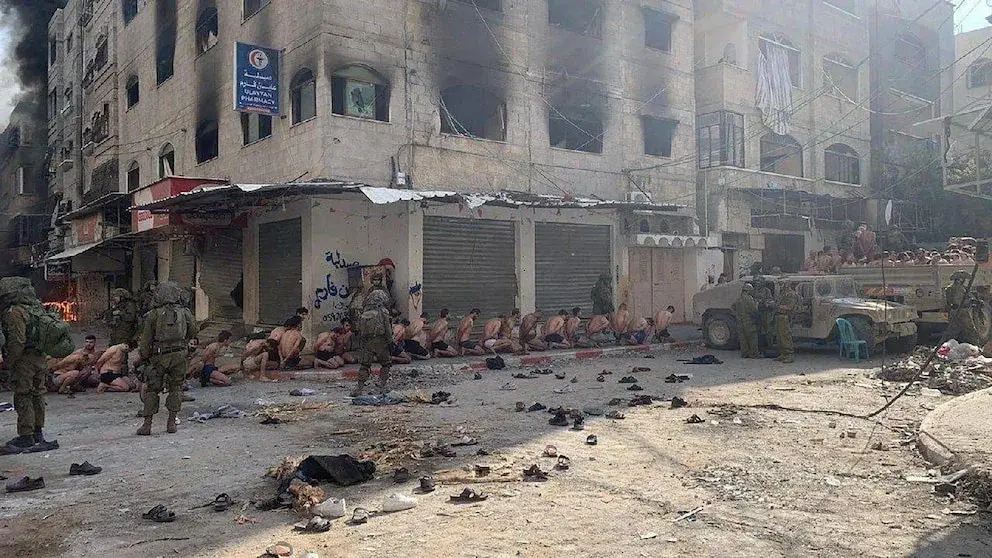

[…].
The polarisation created by the agreement thus has the potential to seep into wider society. Indeed, 2023 was also a year of increased riots and protests in Mauritania due in large part to the police killing of human rights activist al-Soufi Ould al-Chine in February and a young Afro-Mauritanian man, Oumar Diop, in May.The latter instance in particular compounded a sense of racialised exclusion felt by many within the Afro-Mauritanian community. Indeed, it is not uncommon for Afro-Mauritanians to be suspected of being “illegal immigrants” by security forces, given the difficulties many face in obtaining civil registry documentation. In such a context, the EU incentivising national security forces to crack down on “irregular migration” carries acute risks for those already on the margins in Mauritania.
The migration deal, therefore, risks inflaming racial tensions and social polarisation in Mauritania while it is also unlikely to achieve its stated aim of preventing “irregular migration”. Such an outcome would foremost be detrimental to the country itself, and it would also undermine the EU’s own framing of Mauritania as a beacon of stability in a troubled region.
[…]


















Actually he did not. The whole “Jesus is the literal son of god” thing was invented by the churches some hundreds of years after Jeus was dead. In the same wake Jesus never spoke about the trinity, that god would have three aspects. That is also an invention of the churches to make christianity more palateable to polytheist pagans, in the same way that christmas was put next to the winter solstice and easter onto spring where it was mixed with pagan fertility deities, quite literally being named after the Germanic goddess of spring Eostre in Englisch or Ostera in German where easter is called Ostern.
https://en.wikipedia.org/wiki/Son_of_God_(Christianity)
https://en.wikipedia.org/wiki/First_Council_of_Nicaea
https://en.wikipedia.org/wiki/Easter